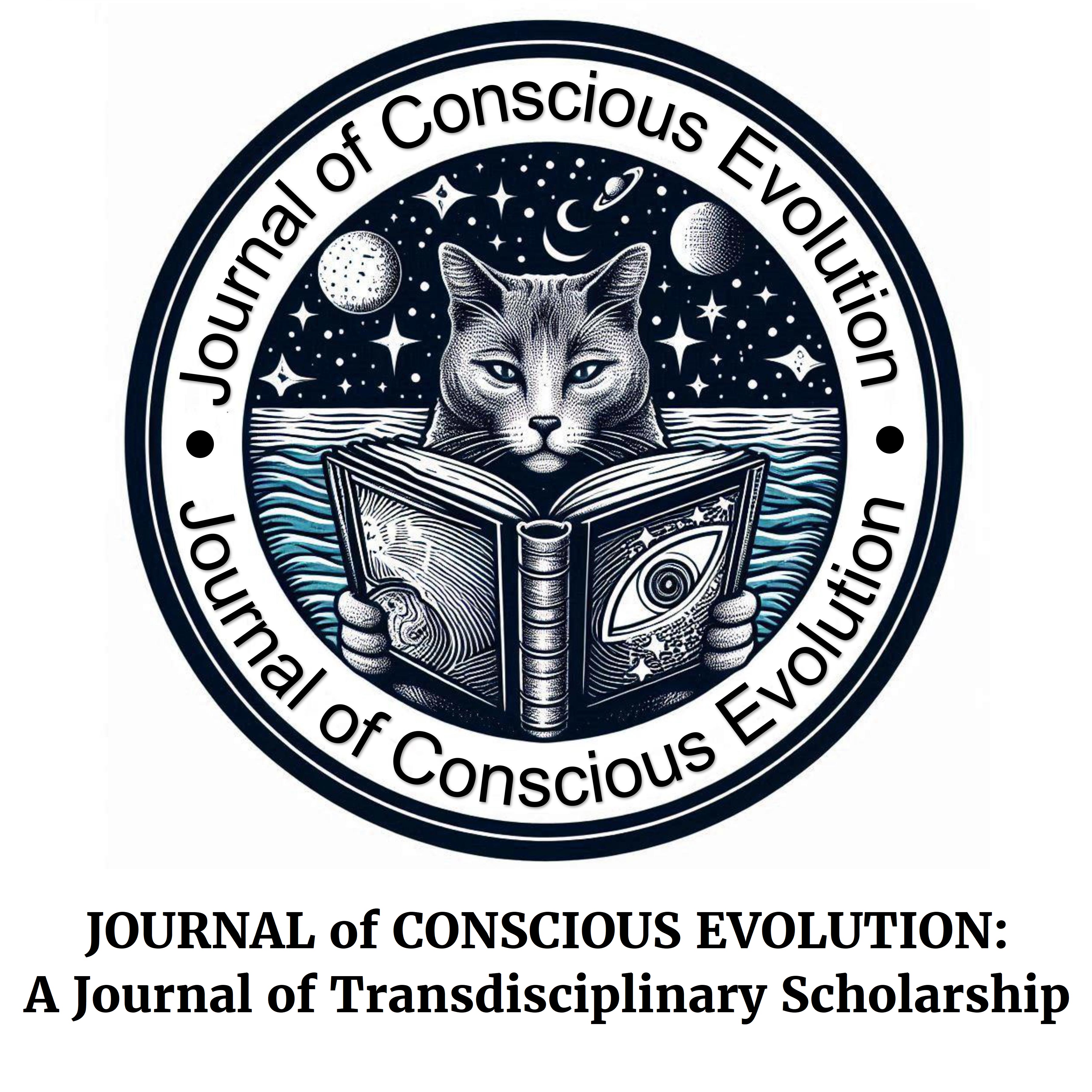
Abstract
Mathematicians--those who develop new mathematics--spend much of their time proposing the existence of mathematical constructions whose existence they then proceed to try to prove from the mathematics that has already been developed. Following that, they often try to prove that those mathematical constructions are unique, that there are no other constructions with the same characteristics. In practice, it is often easier to prove the uniqueness of a mathematical construction than its existence, so a mathematician may proceed by first proving uniqueness, as though the mathematical construction existed, and then using clues from the uniqueness proof to prove existence. I want to follow a similar strategy in this paper, in that I want to talk about transitions to transcendent states of consciousness as though they existed and as though we knew what they were, thereby perhaps uncovering ways in which their existence and characteristics may become apparent.
How are we going to talk about transcendent states of consciousness if we do not even know if they exist? Here, we may be in the situation of the eighteenth century explorers seeking the source of the Nile with only mythology on which to base their expeditions (Bruce, 1790/1972). In that case there were natives who lived at the source of the Nile for whom the river's source was part of their everyday experience. Perhaps similarly, there are those who have realized transcendent states of consciousness that for the rest of us exist only as myths. We shall consider here the account of Franklin Merrell-Wolff who lived from 1887 to 1985 and devoted most of his life to the attainment and exposition of transcendent states.
The information about Merrell-Wolff's ideas has been taken largely from his books (Merrell-Wolff, 1994; 1995b) and from a series of lectures that he gave in 1966 titled "Mathematics, Philosophy and Yoga" (1995a). Additional information has been acquired from his other publications, unpublished papers and audio recordings; from conversations with his granddaughter, Doroethy Leonard, and conversations with Ron Leonard, who lived with Merrell-Wolff for a year and wrote his doctoral dissertation in philosophy about him (Leonard, 1999). I have also written previously about Merrell-Wolff's philosophy (Baruss, 1996). In the following, I have used Merrell-Wolff's language largely to convey his meaning, and have only used quotation marks for identification of specific terms and for directly quoted longer passages.
Recommended Citation
Baruss, Imants. (2018). Transition to Transcendence: Franklin Merrell-Wolff's Mathematical Yoga. Journal of Conscious Evolution, 1(1). https://digitalcommons.ciis.edu/cejournal/vol1/iss1/3
Included in
Anthropology Commons, Cognition and Perception Commons, Cognitive Psychology Commons, Developmental Psychology Commons, Philosophy of Mind Commons


